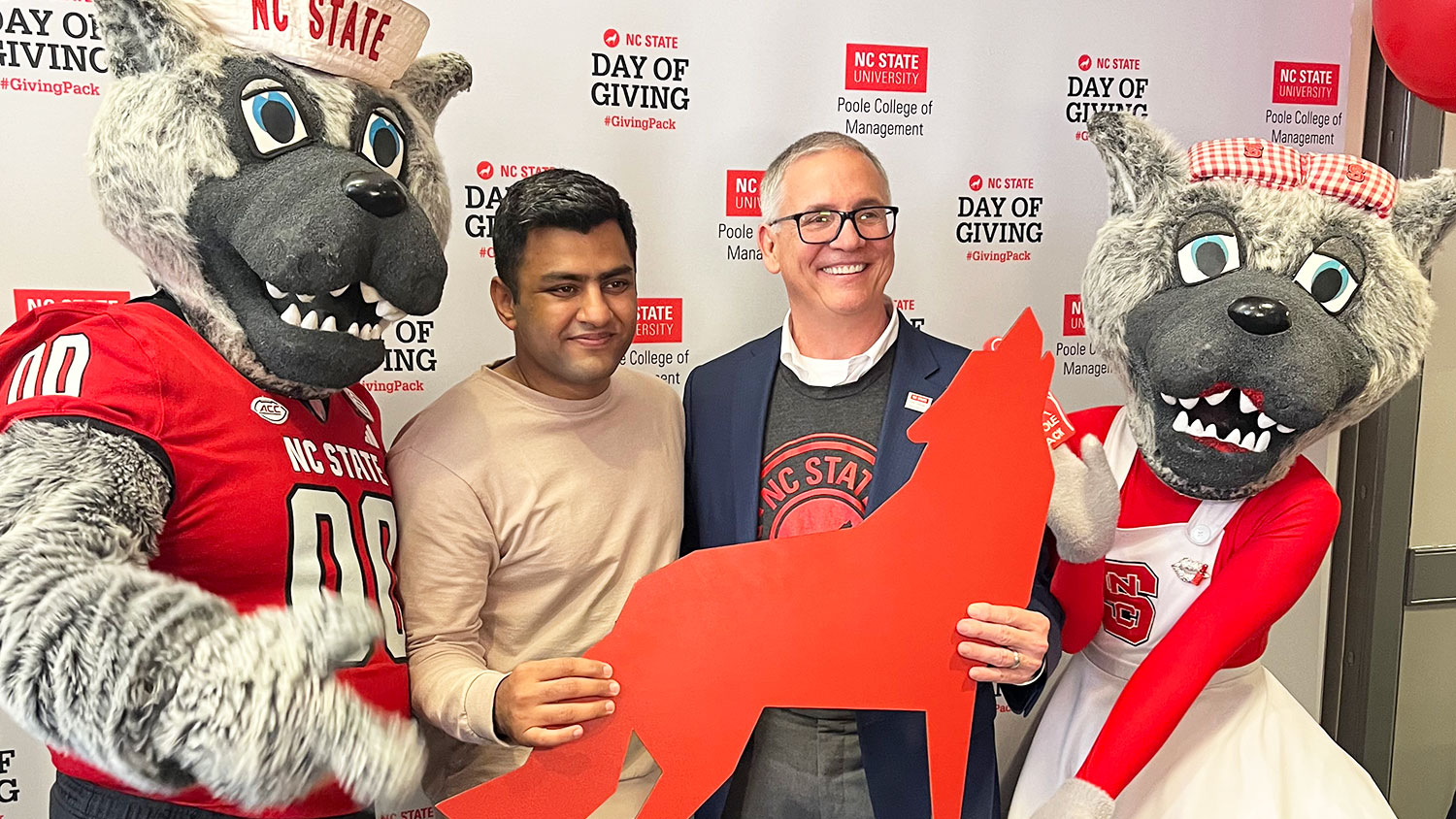SUSTAINABILITY
In the past year, Scott Showalter, professor of practice in Poole College’s Department of Accounting, has worked with faculty in the college and across NC State to assess the potential for developing an initiative in sustainability. The study follows a request from Lonnie C. Poole, Jr., whose $37.5 million gift in 2010 named Poole College, to use a portion of the gift to focus on sustainability within the college. Poole is founder of Waste Industries, Inc., and the Environmental Industry Association’s Research and Education Foundation.
In 2011, Showalter led both an assessment of sustainability and life cycle analysis research under way by faculty in the college and across NC State as well as a college task force that produced a 66-page ‘Opportunities for Thought Leadership in Sustainability’ report.
Within Poole College, Showalter has developed 1-hour and 3-hour courses on sustainability that are open to graduate students. Poole College faculty members have collaborated with the College of Agriculture and Life Sciences on executive education programs for Bayer CropScience, and a group of six accounting professors are in an ongoing research project with Bacardi Limited that aims to develop more effective measures of its sustainability activities. An initial report of results of that research was featured on the cover of the January issue of the Institute of Managerial Accountants (IMA) magazine, Strategic Finance. IMA is funding this research. Activities continue with the North Carolina Business Sustainability Network and The Sustainability Consortium, and the college is recruiting a professional to lead ongoing sustainability activities.
Poole College’s two longest-term initiatives have their roots in the college’s graduate curricula in entrepreneurship and supply chain management. Now called The Entrepreneurship Collaborative (TEC) and the Supply Chain Resource Cooperative (SCRC), these initiatives have evolved to support both undergraduate and graduate curricula in their respective disciplines, as well as industry outreach through research, knowledge distribution through their robust websites, and executive education.


